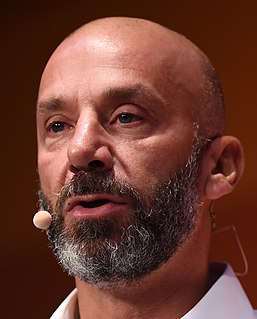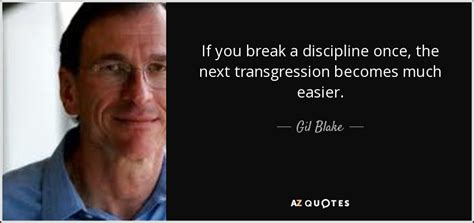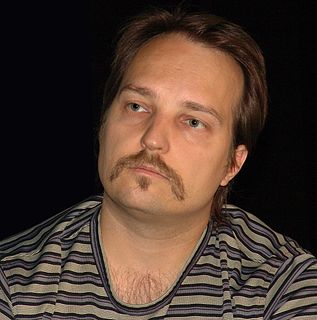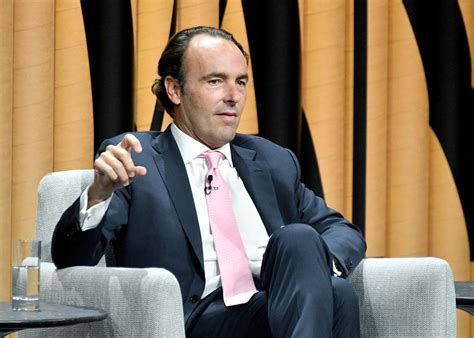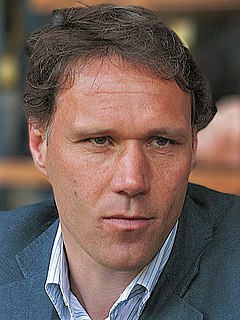A Quote by Sven-Goran Eriksson
You don't criticise Totti in Italy. There might have been reasons to, sometimes, but you don't touch him.
Related Quotes
For me, the entire journey of Lost has been walking that fine line between discovering Sawyer's humanity and, yet, keeping his edge of anger and destructiveness. He's been through every situation possible, emotionally and physically. Sometimes, it's been scary to get in touch with his growth, especially his relationship with Juliet. I really thought the audience might reject the softer side of Sawyer we saw in that. As for what will happen with him and Kate, all I can say is they have a love that is undeniable, but maybe it must be denied.
Italy may well be the main problem. It has benefited most from the euro by having been able to get the euro interest rate instead of what otherwise would have been its own. That would be much higher because Italy has been accumulating so much debt. In the past, Italy has inflated away its debt. The virtue of the euro is that Italy can't do it alone. A tight ECB policy wouldn't permit that to happen again.
I'd accepted a while ago that there were too many reasons for me to even think about him romantically anymore. Every once in a while, I slipped a little and kind of wished he would too. It'd have been nice to know that he still wanted me, that I still drove him crazy. Studying him now, I realized he might not ever slip because I didn't drive him crazy anymore. It was a depressing thought.
That's all my grandfather was guilty of, fear, faith in his words, but that was a high crime in her eyes. That's all Jack was guilty of that day, but I've lived with him a good while and I believe I understand him. Sometimes it might take an afternoon or evening of being here in this kitchen alone, thinking, but I can usually come to see his reasons through his ways. And half the job of finding peace is finding understanding. Don't you believe it to be so?
If, however, you take a moment to observe how you actually feel immediately after you criticise someone, you'll notice that you will feel a little deflated and ashamed, almost like you're the one who has been attacked. The reason this is true is that when we criticise, it's a statement to the world and to ourselves, "I have a need to be critical." This isn't something we are usually proud to admit.























